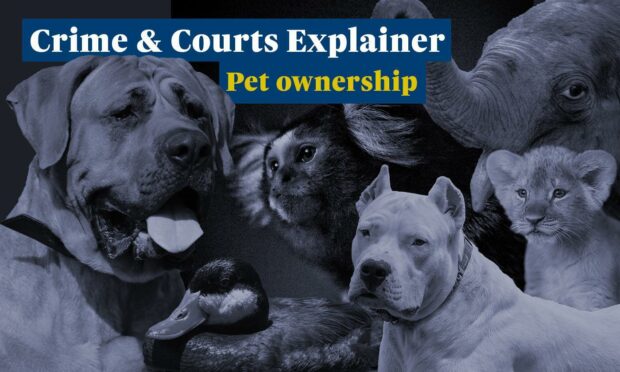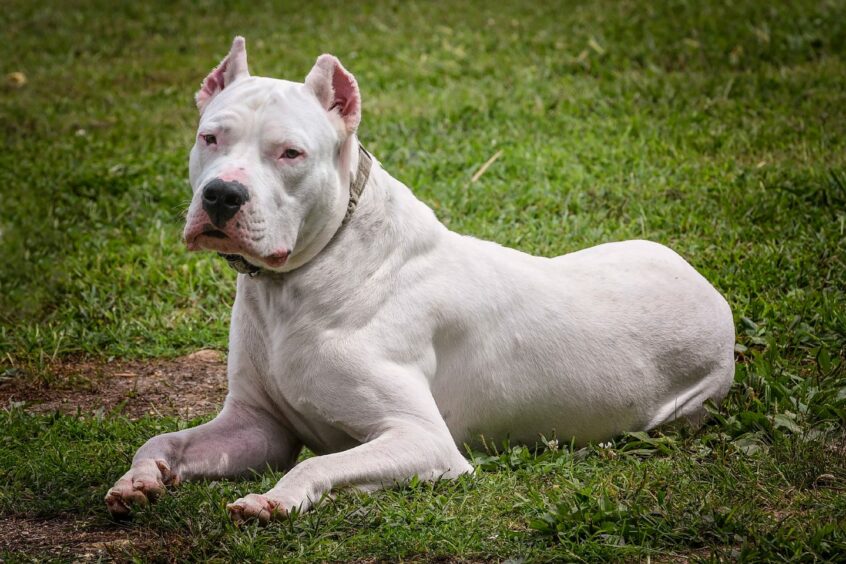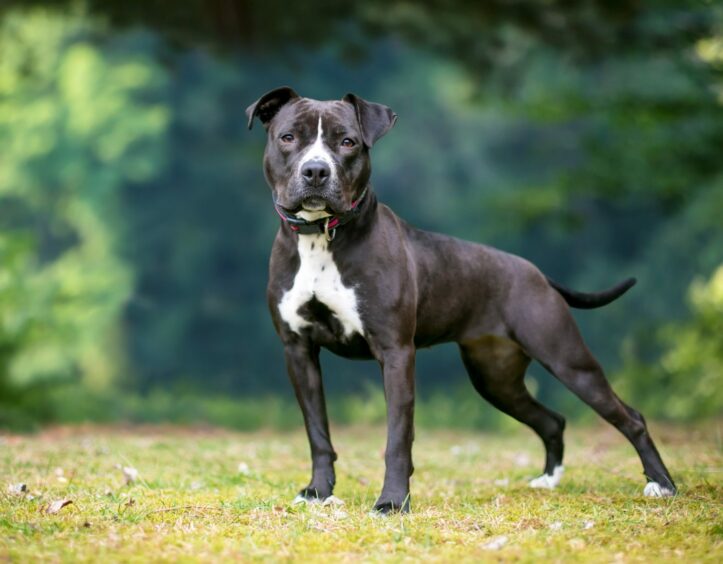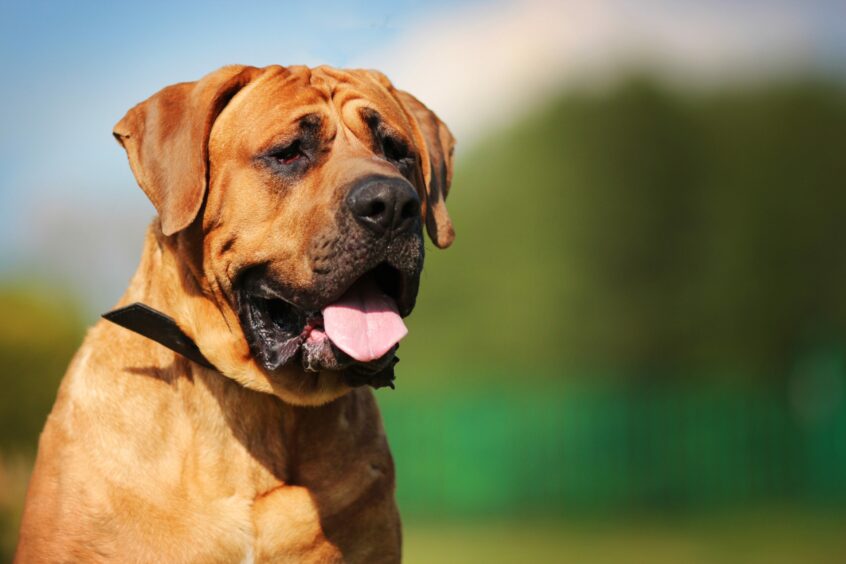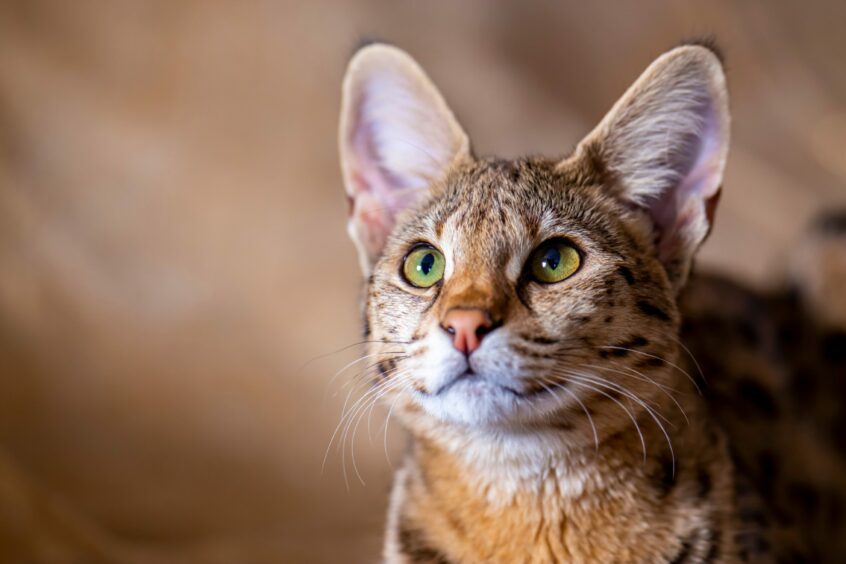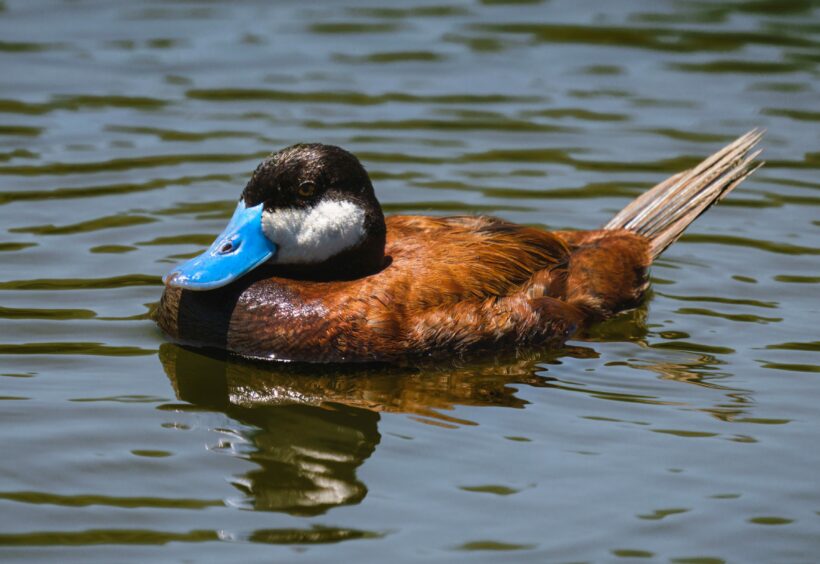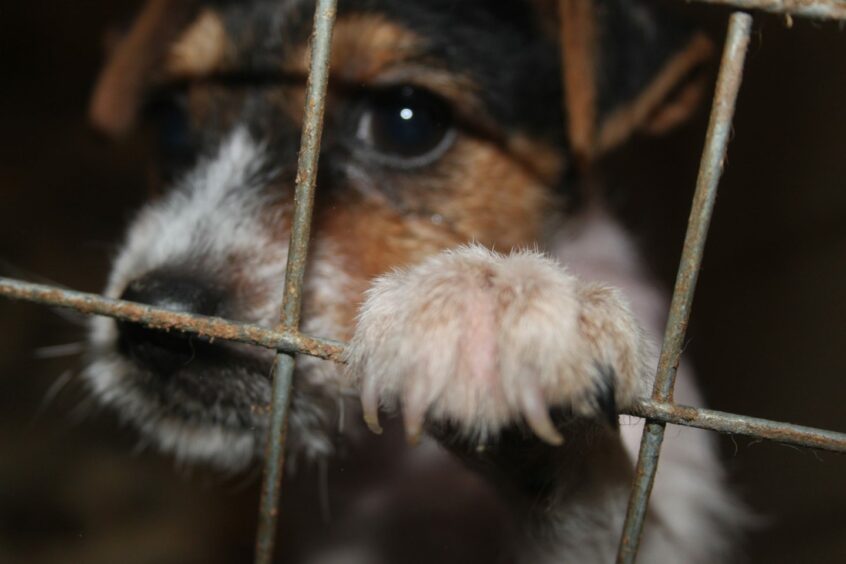Demand for pets has soared in the UK over two years of lockdown, with an estimated 3.2 million bought during the first 12 months alone.
But many owners are unaware of the full extent of their legal responsibilities.
The most basic is to provide adequately for pet’s needs – food, water, veterinary care and suitable environment.
The Animal Health and Welfare (Scotland) Act 2006 designates all domesticated species, unless living feral, as “protected animals”.
Under the Act, an owner can be prosecuted for deliberately harming animals or doing so through omission.
It’s also an offence to operate on, poison or abandon a protected animal.
How old must I be to have a pet?
Although many people have happy childhood memories of family pets, you must be over 16 to buy your own.
The 2006 Act makes it an offence to sell an animal to anyone under this age.
Many people may remember getting goldfish as prizes at fairs but the Act also outlaws this.
What rules do I need to follow if I get a dog?
There are few restrictions when it comes to the most common types of pets but there are four breeds outlawed by the Dangerous Dogs Act 1991.
Dogs, regardless of breed, are also subject to legal requirements.
All dogs, unless working, must wear a collar and tag with, at a minimum, the owner’s name and address on it.
As of 2016, all dogs over the age of eight weeks must be microchipped.
Under the Control of Dogs (Scotland) Act 2010 owners have a duty to keep their pets under control at all times – though this does not necessarily mean keeping them on a lead and dogs on a lead are not necessarily under control.
Owners of errant dogs may be served with a Dog Control Notice (DCN) which can apply conditions to the person’s continued ownership.
Additionally, there is a specific offence of livestock worrying – where a dog chases sheep or cattle – which passed in 2021.
The legislation increases the penalties for those found guilty and includes a fine of up to £40,000 or a year in prison.
It also covers a wider range of animals, including camelids and ostriches.
Are there exceptions to banned breed ownership?
A court can rule a dog should be placed on the Index of Exempted Dogs and the owner must follow strict rules.
This includes neutering or spaying the dog, keeping it muzzled at all times, tattooing and microchipping it and having insurance to protect third parties.
What restrictions are in place for other animals?
Cats are less complicated but there are restrictions.
The Savannah cat is a cross between a domestic moggie and an African Serval.
First generation crosses, known as F1s, require a Dangerous Wild Animal Licence.
Licensed breeders could be breaking the law if they breed from certain varieties of cat – the Scottish Fold – a cat with distinctive ears which are flattened to the head – and the Munchkin – a breed with very short legs.
Fish, birds and horses
Any species of fish that can be brought from a pet shop usually does not require a special licence but some larger fish do.
Some birds may require a licence and it is generally illegal to keep wild birds as pets.
Horse owners require an equine passport under the The Horse Passports (Scotland) Regulations 2005.
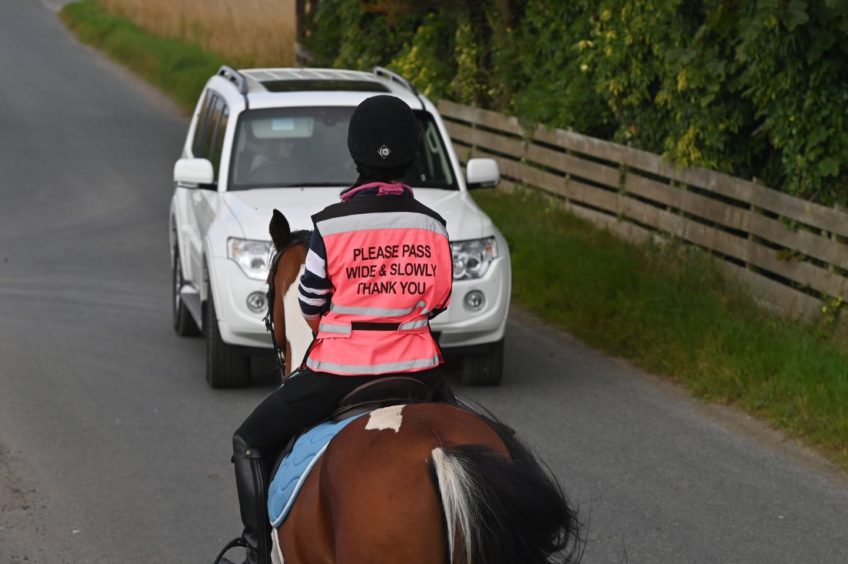
Without one, they cannot be moved for the purposes of competition, sale or breeding.
As domesticated animals, cows, pigs, sheep, goats and poultry are all protected under the previously mentioned Animal Health and Welfare (Scotland) Act.
What if I want to own something more exotic?
If you want to own a monkey, crocodile, big cat or even an elephant, you will almost certainly need a licence for each animal.
Any would-be owner must prove that there would be no risk to the public.
The organisation Scottish Big Cat Trust say some people believe big cats may have been released into the wild after the Dangerous Wild Animals Act 1976 made it prohibitively expensive and difficult to keep exotic animals.
Additionally there are a number of animals that are banned completely, including the Muntjac deer, Ruddy duck and the grey squirrel.
Do I need to have insurance?
Insurance is only a requirement for dogs on the Index of Exempted Dogs, and then only third-party insurance is needed.
While it’s not a legal requirement to have pet insurance, it can help cover the cost of vets bills or any damage or injury caused by your pet.
I want to sell an animal, what do I need to know?
New regulations were brought in in 2021 detailing the responsibilities of those selling animals.
Any person breeding three or more litters of kittens or puppies or six or more litters of kits (rabbits) in any 12-month period must be licensed by their local council.
When advertising the animals, even on online sites such as Gumtree, they must include details of their licence.
Cats and dog sellers should give buyers important information on subjects such as vaccinations given, worming, and feeding.
For fish or reptiles they should advise on proper housing.
What can happen if I break the law?
In Scotland, the police and inspectors of the Scottish SPCA have the power to seize animals.
The Scottish SPCA is unique among animal charities as the only one which is a reporting agency to the Crown Office and Procurator Fiscal.
Under the 2006 Act, their inspectors have power to enter and search properties under warrant, seize animals and issue Animal Welfare Notices.
The charity says it only takes pets as a last resort.
Vets can also arrange for animals to be seized but cannot make the seizure themselves.
If an animal is seized by the Scottish SPCA, it will be taken to one of the charity’s animal rescue and rehoming centres and may be treated, rehomed or euthanised (if a vet deems it appropriate).
Recent changes to legislation means the charity can rehome temporary refuge animals after just three weeks.
If destroying the animal, the owner must be served notice and has three weeks in which to appeal.
How might you be punished?
Currently, the maximum available penalties for the most serious offences under the 2006 legislation are imprisonment of up to 12 months, a fine of up to £20,000 or both.
Owners of a banned breed may face up to six months in prison and a fine of up to £5,000.
Under the Dangerous Dogs Act 1991 where a dog injures or kills a person, there is a maximum sentence available of up to two years in prison and/or an unlimited fine.
Where there is no injury, the maximum penalty is up to six months in prison and a fine of up to £5,000.
Section 4 of the Act compels the Procurator Fiscal to ask for the destruction of any dog that has caused injury to a human, though it is up to the courts whether this happens.
The courts can grant a reprieve if the dog is not deemed to be a danger to public safety.
Penalties for livestock worrying were raised in 2021 to a maximum fine of £5,000 or imprisonment for up to six months.
Anyone keeping a dangerous wild animal without a licence can be fined up to £2,000 and have the animals seized.
